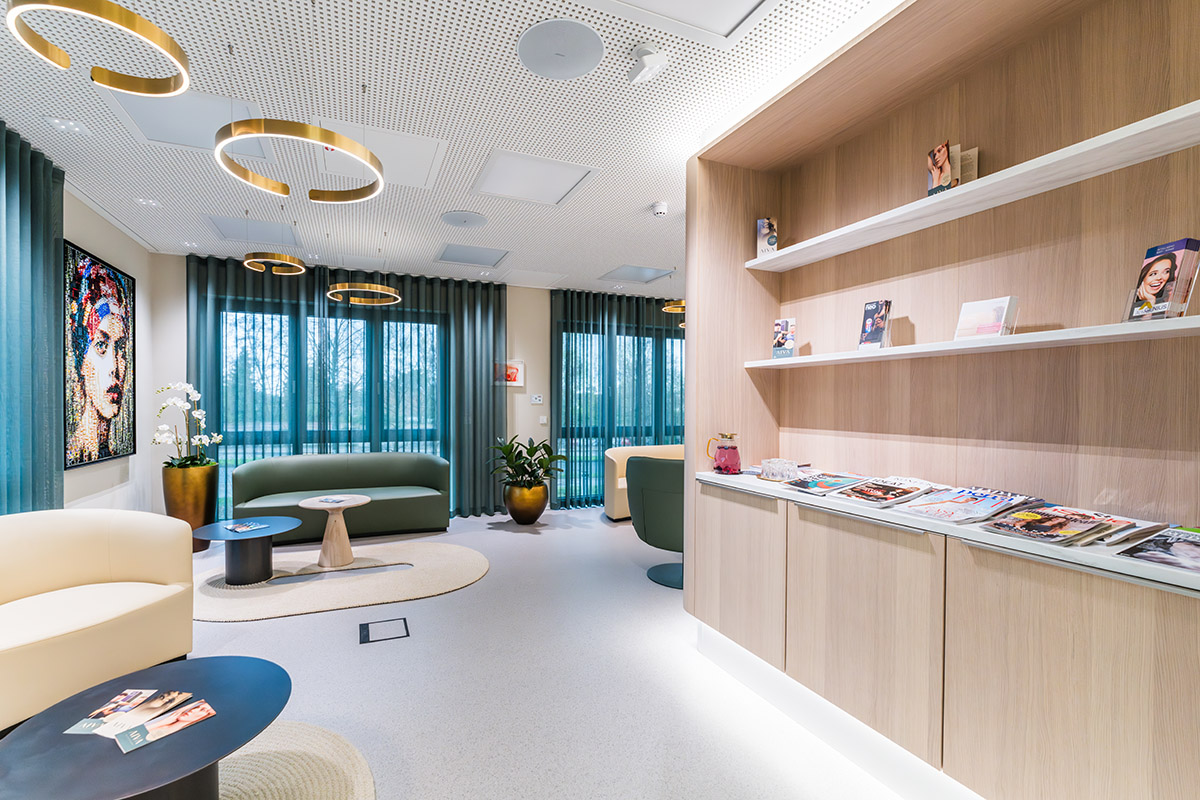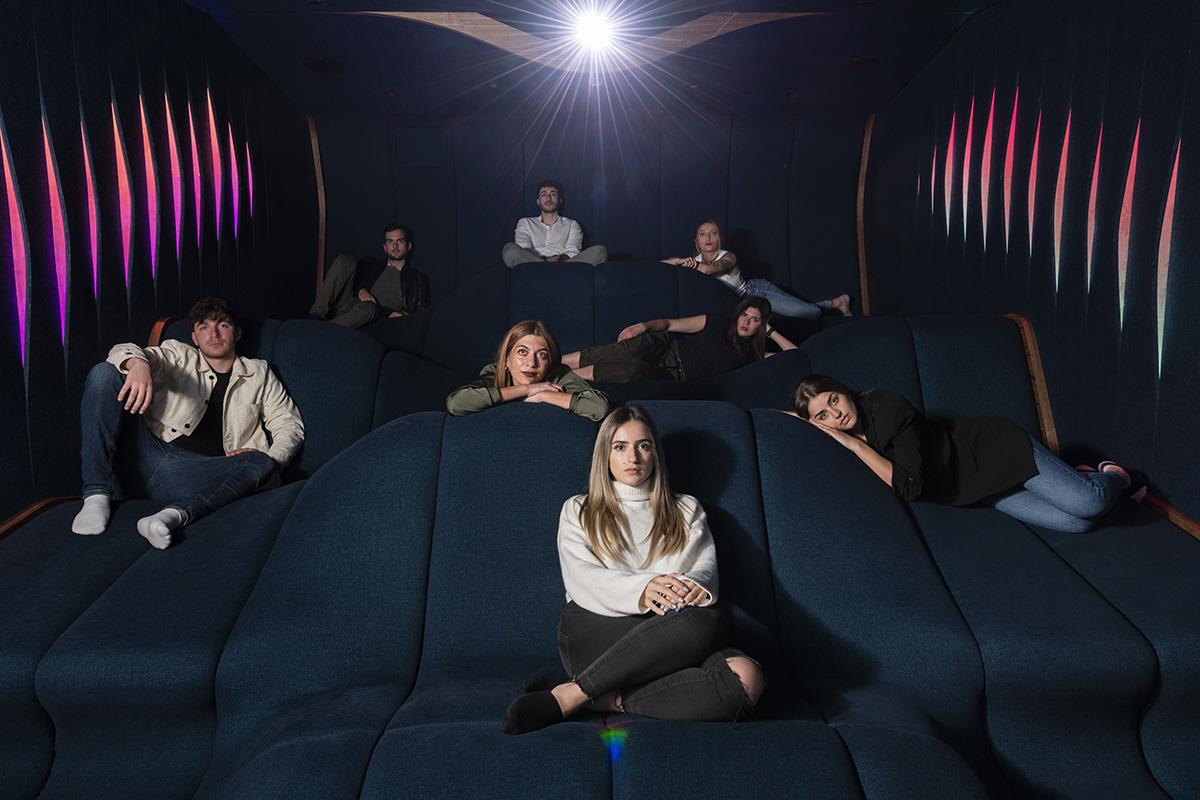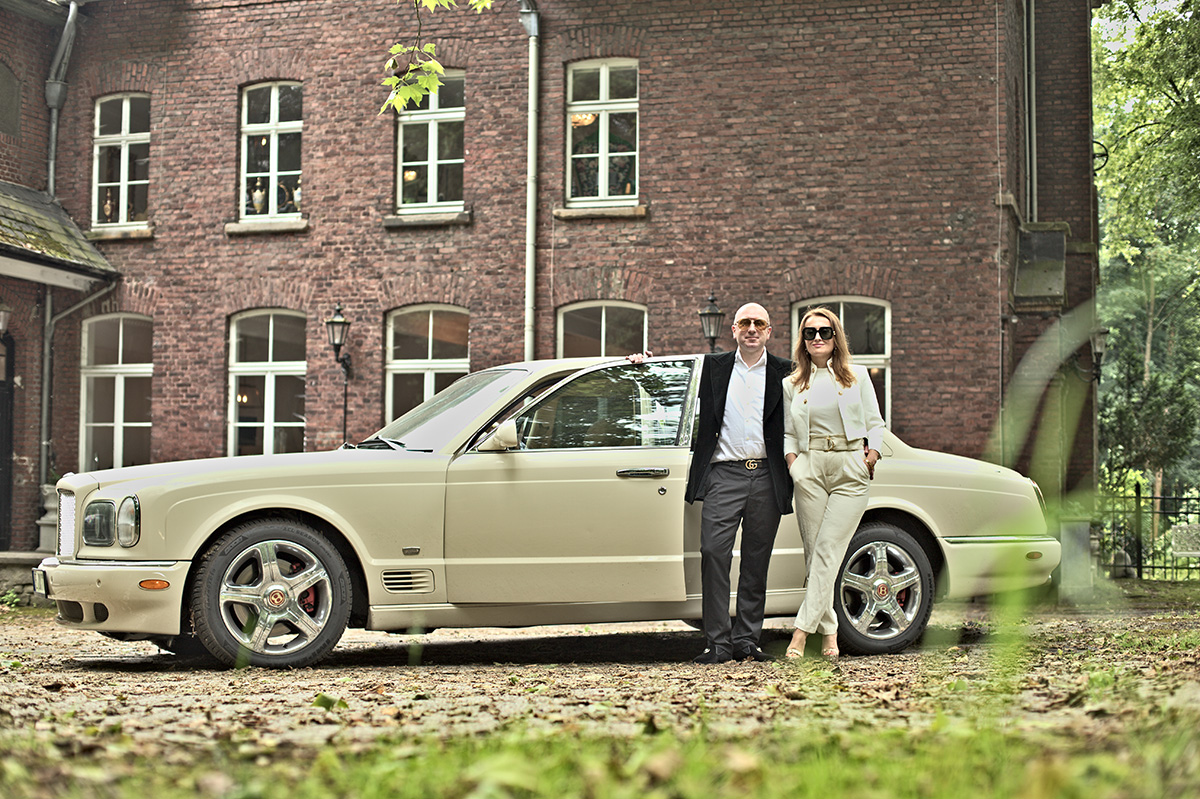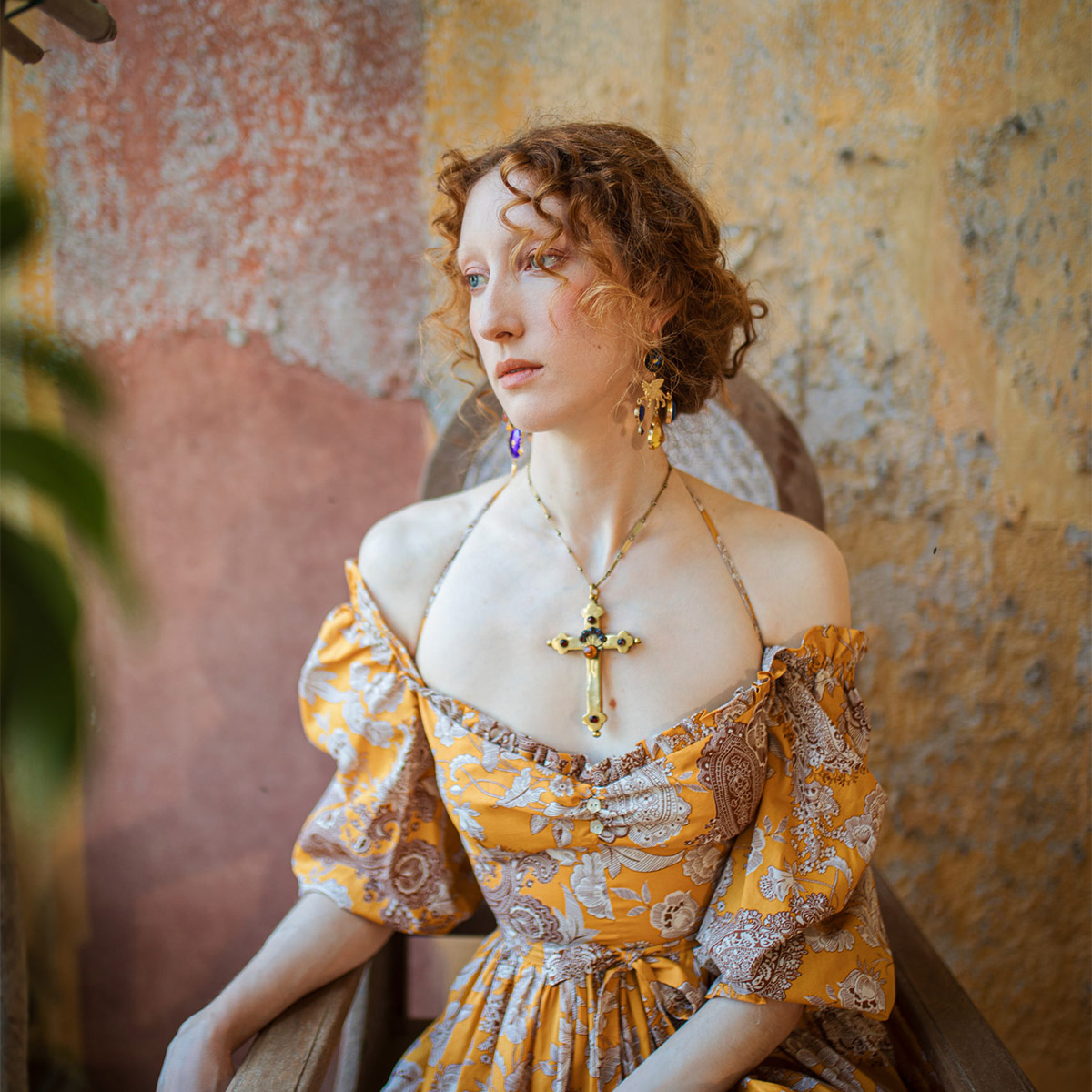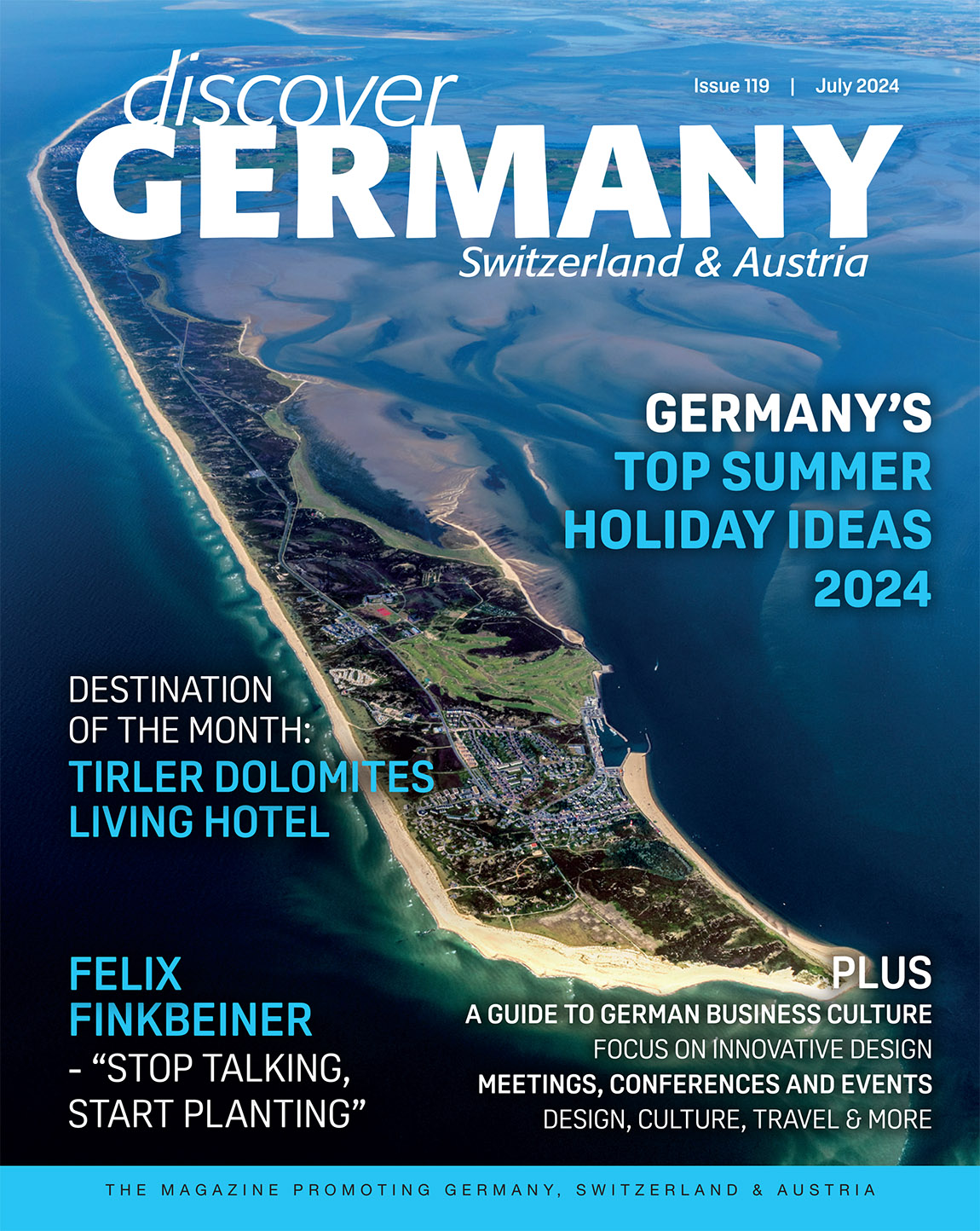Fast Fashion: The Dark Side of Fashion
Text: Nane Steinhoff
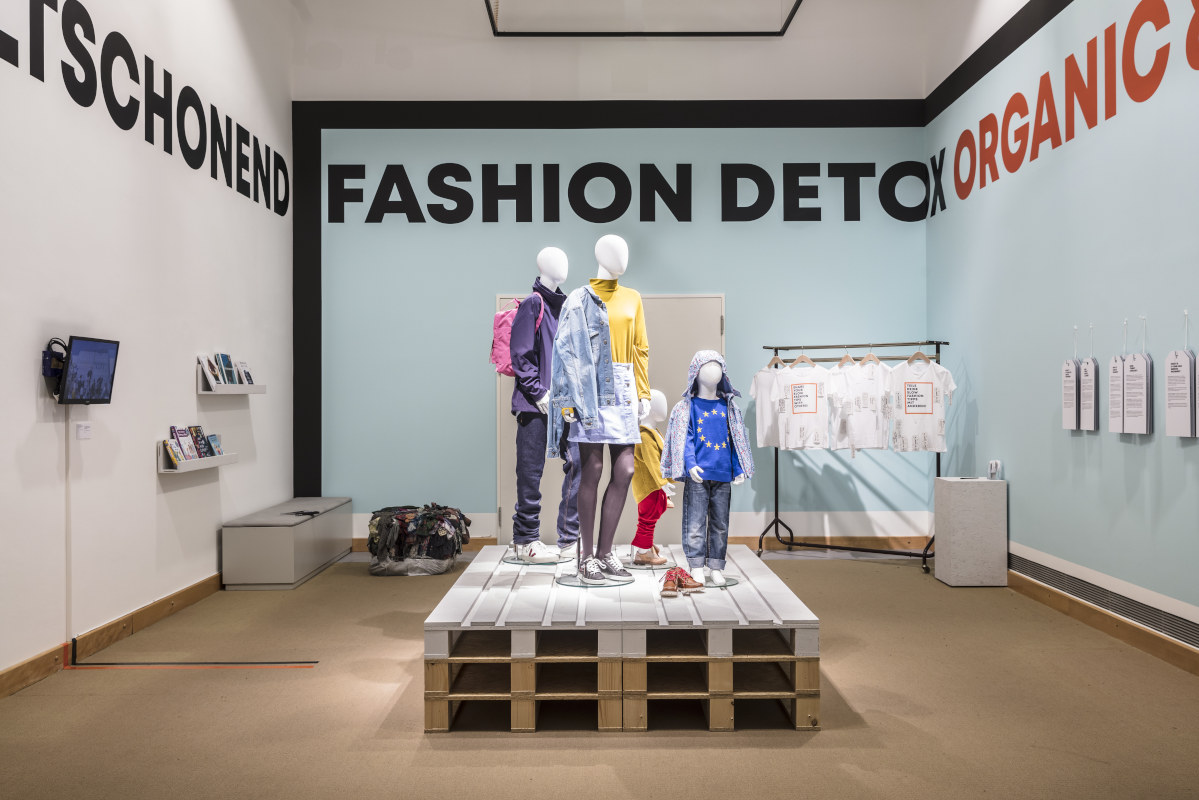
Fast Fashion. Die Schattenseiten der Mode, exhibition view. © Staatliche Museen zu Berlin, Museum Europäischer Kulturen / David von Becker
Unfortunately, a fast pace characterises a lot of the fashion consumption of today. Large fashion chains bring new collections to the market every two weeks in order to maximise profits, and this in turn keeps the customer returning. The special exhibition Fast Fashion. Die Schattenseiten der Mode, conceptualised by the Museum für Kunst und Gewerbe Hamburg (MKG), takes a critical look at the consequences of fast fashion.
On average, every German buys 60 items of clothing annually – more than one per week. But many of these get worn rarely, if ever, before they end up in the old clothes collection. For many people, shopping has become a favourite pastime – regardless of whether or not one really needs new clothing. The hunt for trophy bargains lets one often forget the real price which the environment and manufacturers have to pay for this. The production of one single cotton T-shirt alone uses up around 2,700 litres of water which, in turn, often pollutes rivers after being burdened with toxic substances after chemical dyeing processes.
This leads to people living in the countries of production, like Bangladesh, being threatened by permanent environmental pollution and contaminated groundwater. There, women primarily earn a living as seamstresses in the garment industry. Their working conditions and wages are grossly unfair, and this is being realised by more and more consumers: so how can it be that a T-shirt costs less than a cappuccino?
Supply and production chains are often highly complex. The textile and garment industry therefore poses as a prime example for the negative consequences of global production and fast-moving consumption. Clothing degenerates into disposable items, ends up on the scrap-heap and ruins small local producers in African countries, with cheap second-hand clothing imports.

Left to right: ‘Slow fashion‘ from former times: a children’s dress that grows with the wearer (1943-1970) and a dress made from fabric remnants (around 1930). © Staatliche Museen zu Berlin, Museum Europäischer Kulturen / Christian Krug | Manu Washaus, SWEATER, study of the possible II, 2013. © anna.k.o.
An exhibition shedding light on negative effects
The special exhibition Fast Fashion. Die Schattenseiten der Mode, conceptualised by the Museum für Kunst und Gewerbe Hamburg (MKG), takes a critical look at the consequences of fast fashion for producers and the environment and encourages visitors to deal with and think about their own consumerism. Additionally, the Museum of European Cultures (MEK) complements the confrontation with fast fashion with insights into Berlin’s fast-growing slow fashion scene: as a pivot point and hub of international, fair fashion, numerous innovative ideas about how fashion can be produced and used sustainably, while being fun at the same time, are being developed in Berlin at the moment.
In the exhibition area ‘Fast Fashion’, visitors can look forward to infographics, charts, short video clips, artistic works by Taslima Akhter, Tim Mitchell, Manu Washaus and Paolo Woods, as well as objects from the MKG and MEK collections, which show how producers and consumers are linked and connected.
Visitors that head to the ‘Slow Fashion’ exhibition area, can look forward to meeting five important visionaries of fair and sustainable fashion. Rut Meyburg, for example, designs timeless leather bags from upcycled leather which she gets from disposed leather sofas. Verena Paul-Benz and her label Lovjoi produce fashion and lingerie in traditional European textile production locations, such as the Swabian Alps or northern Portugal, under fair conditions. And Christina Wille founded the Loveco shop in Berlin in 2014, in which one can solely buy eco-conscious and vegan fashion. Furthermore, an increasing number of influencers concentrate on fair fashion on their social media channels – an example is Alf-Tobias Zahn, who advertises less and more conscious fashion consumption on his Grossartig blog. And last but not least, Jenna Stein regularly organises the Berlin Clothing Swap, where people can swap their unwanted clothes with other people. They can all be role models for more sustainable dealings with fashion in these times of Fridays for Future.

Fast Fashion. Die Schattenseiten der Mode, exhibition view. Photo © Staatliche Museen zu Berlin, Museum Europäischer Kulturen / David von Becker
Through realising fast fashion’s consequences for humans and the environment, the public interest in fair fashion increases greatly. For this reason, we have some top tips for you on how to find out more about this interesting topic. For example, the world’s largest fair for sustainable fashion, the ‘Neonyt’ trade fair, is held annually in Berlin. And, of course, go and visit the special exhibition Fast Fashion. Die Schattenseiten der Mode in the Museum of European Cultures in Berlin. Here, over the duration of the exhibition, you can also purchase creative accessories from school students, who have produced them from the museum’s old exhibition banners. A comprehensive event programme with regular repair cafes and creative workshops round-off the exhibition during its duration.
So, what are you waiting for? After all, it’s an important topic at the moment which we should all learn more about to be able to change our future actions.
Fast Fashion. Die Schattenseiten der Mode - 27 September 2019 – 2 August 2020 Visit Museum of European Cultures Arnimallee 25 14195 Berlin-Dahlem Germany www.smb.museum/en/exhibitions/detail/fast-fashion
Subscribe to Our Newsletter
Receive our monthly newsletter by email
